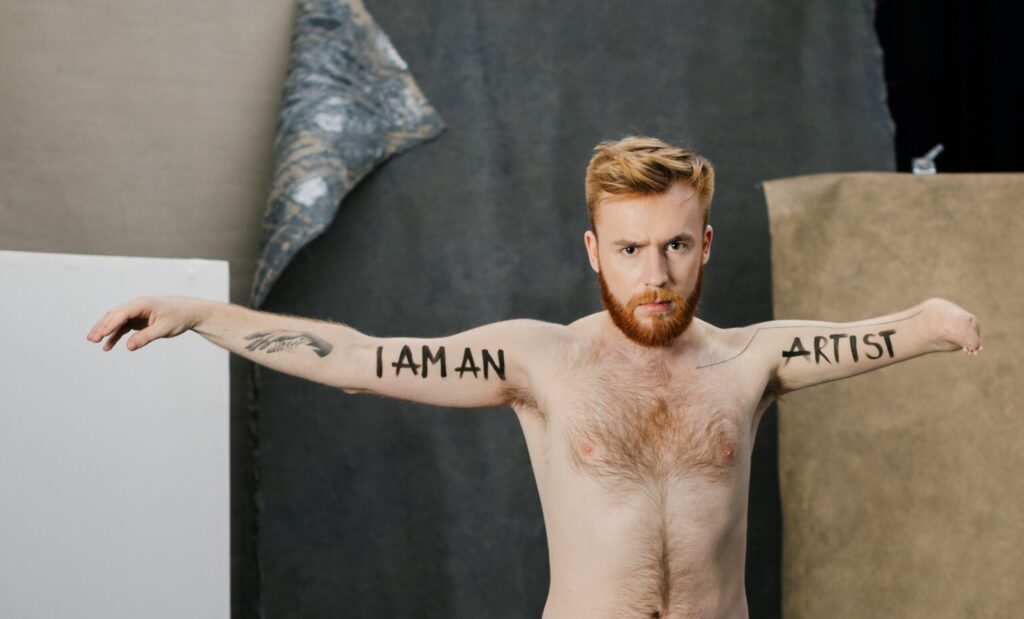March 6, 2025

Today the European Arts & Disability Cluster, the European voice of artists and cultural workers with disabilities, publishes a Position Paper on the state of Arts & Disability in Europe.
As a membership network spanning 24 European countries, the European Arts & Disability Cluster believes that there are fundamental inequalities in the European cultural sector which prevent equal access to the arts for people with disabilities as artists, as cultural workers and as audiences.
The Position Paper, entitled “How the European Union can and must act to reduce discrimination against artists, cultural workers and audiences with disabilities” calls on the European Union, through its various institutions, to recognize the current marginalization of people with disabilities, and to urgently implement change.
The Position Paper calls for the new European Union Cultural Compass to position cultural rights at its heart. The Cultural Compass must ensure that European Citizens with disabilities are able to participate in culture as audiences, as artists and as cultural workers.
In addition, the Position Paper launched today:
- Identifies the legal obligations on the European Union and its Member States to support the right to participate in cultural life of citizens with disabilities.
- Warns against grouping the cultural rights of people with disabilities only within discourses on Arts & Health and the Working Conditions of Artists.
- Encourages a structured dialogue between European Union institutions and artists and cultural workers with disabilities, as we are almost always absent from the European cultural networks on which the EU relies.
- Makes clear and achievable recommendations to be implemented in both the current and the next Creative Europe programmes of the EU.
Click here to go to the dedicated page!
Ben Evans, Chair of the European Arts & Disability Cluster (ADICLUS), said:
Our membership spans Europe. Across the continent artists with disabilities are making innovative high-quality works which are enriching the cultural sector. Yet they do this against all odds. Despite decades of good intentions, the cultural sector remains largely inaccessible, certainly to artists and cultural workers with disabilities. This needs to change now.
Christos Papamichael, Executive Director of liminal, ADICLUS member and Greece’s non-profit organization dedicated to advancing equal participation in culture said:
The importance of the words and actions of the European Union and its institutions in these matters cannot be overstated. In a country like Greece, where access to culture is so poor for people with disabilities, and where it remains actually illegal (!) for a person with disabilities to train at a publicly-funded dance academy, we look to European Union cultural policies and to the Creative Europe programme to show leadership.
The European Arts & Disability Cluster (ADICLUS) is a European network of artists, cultural workers, arts organisations and cultural institutions. ADICLUS members all develop professional opportunities for artists and cultural workers with disabilities or who are Deaf. Members span 24 countries, including 22 Creative Europe Countries.
Discover more about ADICLUS here.
ADICLUS is coordinated through the Europe Beyond Access project – a large-scale Creative Europe cooperation project co-financed by the European Union.
Views and opinions expressed are however those of the author(s) only and do not necessarily reflect those of the European Union or the European Education and Culture Executive Agency (EACEA). Neither the European Union nor EACEA can be held responsible for them.